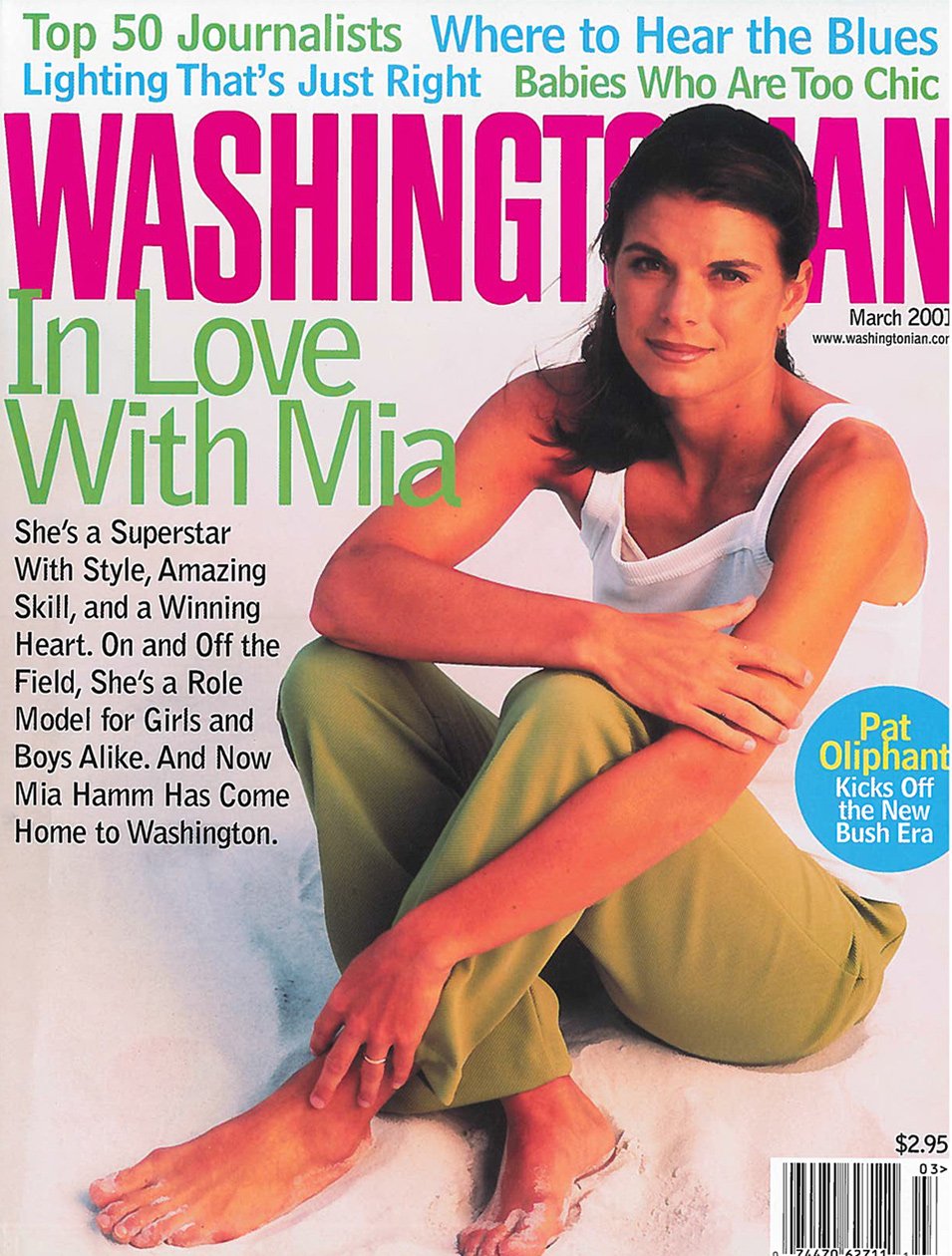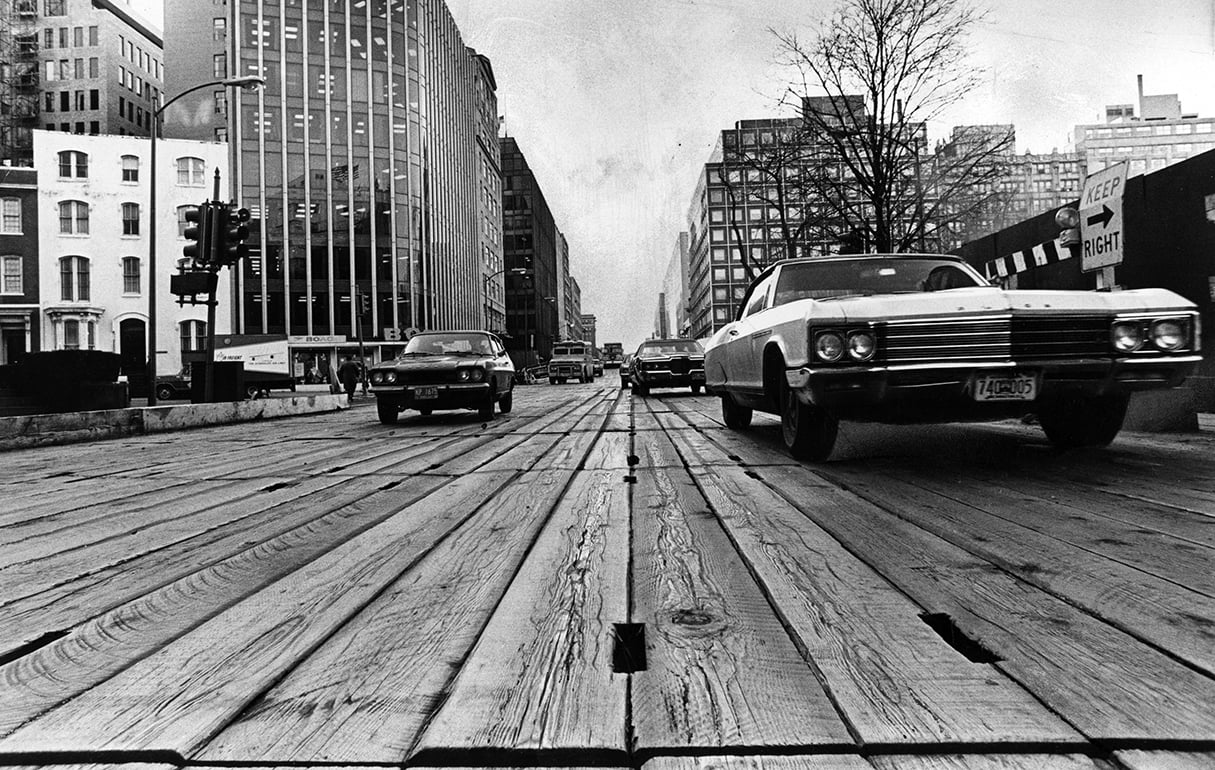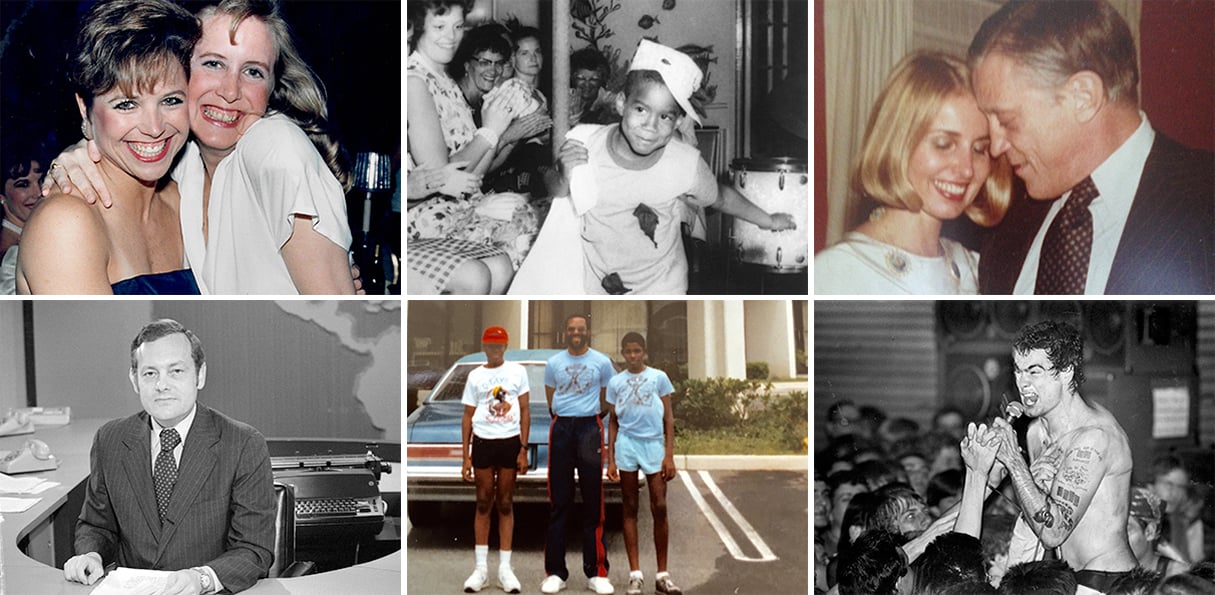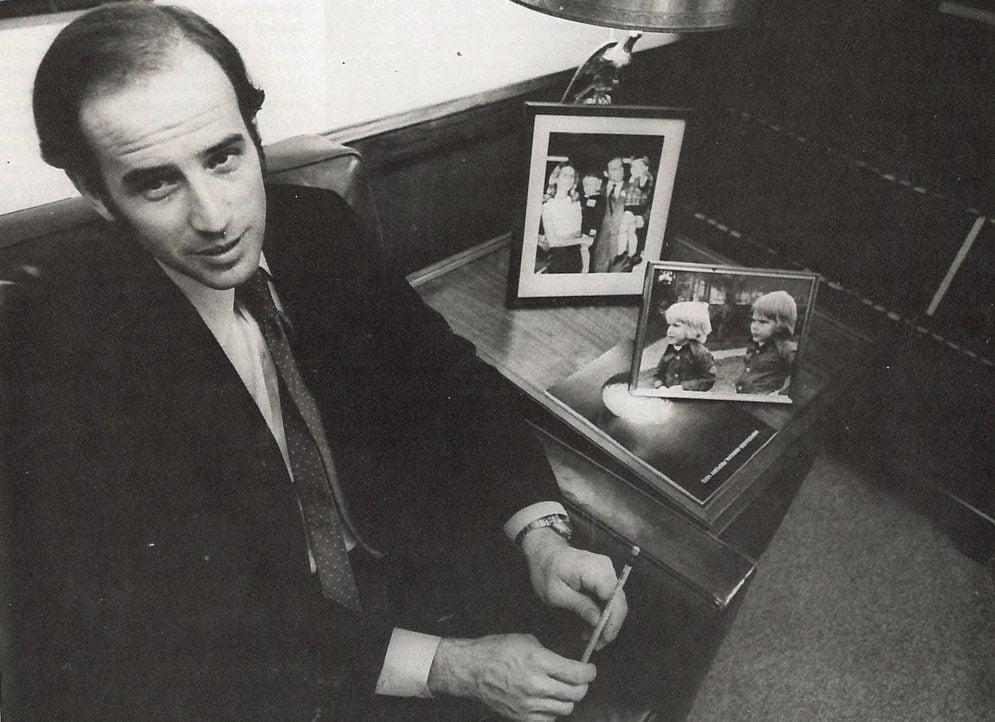The saga of corruption at FIFA has thrust soccer back on the minds of Americans.
The sordid details are enough to make you forget another time soccer was a big deal in this country, and in Washington, DC. It was 1999, and the US Women’s National Team had just won the FIFA Women’s World Cup against China. (David Letterman dubbed Team USA ‘Babe City.”) The win spurred the most excitement and support for women’s sports that the country had seen in a while.
The winning World Cup team, composed of superstar players like Mia Hamm and Brandi Chastain, caused a lasting sense of celebration and patriotism like most national sporting events do. It also caused the sport to gain fans as Hamm blazed a trail for female soccer players. Though FIFA looks like it’s currently crumbling to pieces, a 14-year-old cover story on Hamm from the March 2001 edition of Washingtonian shows why soccer can still be a beautiful game.
The story highlights how Hamm’s career changed soccer in America. She was a four-time NCAA champion at the University of North Carolina and twice a world champion of the FIFA Women’s World Cup. She trained and competed in many places, and for a while, she lived in DC.
Hamm now has a foundation that raises money for marrow and cord blood transplants as well as the development of opportunities for young women in sports. These days, she cheers from the sidelines of her children’s soccer games, US Women’s National Team’s games, and from Twitter.
In Laura Elliott’s cover story, Hamm talks about her new team in DC, her college career, her coaches, her teammates, and her imprint on the sport.
“Even coming off the [1999] World Cup win and bathed in enormous national celebrity, she remained matter-of-fact, modest, and preferred to discuss the aspects of soccer that make it the ‘beautiful game,'” Elliott wrote.
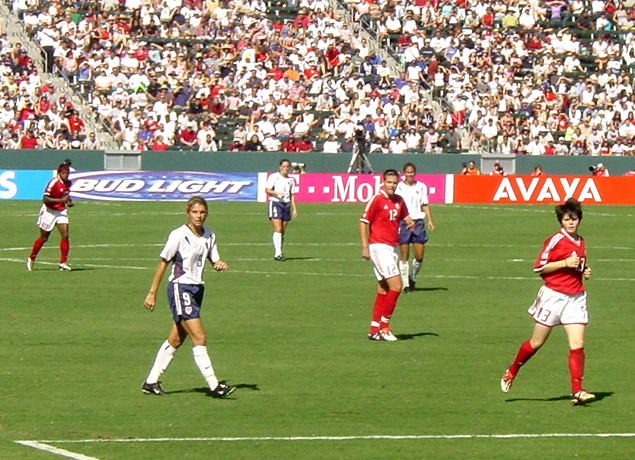
Be Like Mia
Elliott began the article by describing a Gatorade commercial Hamm appeared in with basketball star Michael Jordan, who was playing for the Washington Wizards at the time. “The fact he and Mia Hamm were both resident athletes really elevated the city of Washington to a higher level of sports,” Elliot said.
Hamm was at the time one of the founders of the Women’s United Soccer Association (WUSA), which she started with other members of the famous 1999 US World Cup team. She was also playing for the newly formed Washington Freedom, then the DC area’s professional women’s soccer team.
“One of the really wonderful things that the women’s soccer league achieved was not only to raise awareness and consumerism of soccer in general but to do so through women players first, before men’s soccer really took off in this country,” Elliott said. “Truly, that mythical World Cup women’s team was far better known at the time than any DC United players.”
But in 2001 and today, and according to the old Gatorade commercial, the measure of a good female professional athlete seems to be by how much male athletes fear them as opponents. Do women see this as a problem, a compliment, or a challenge? As a female athlete myself, I say all three.
Elliott said she chose to open the article describing the commercial because Jordan and Hamm were two of the most famous athletes in the country at the time. As Washingtonian’s “women’s issues” beat specialist for some time, she wrote about health, mental health, families, people in crisis, and more. She also has two children who played soccer, one into a DI program, so she was very interested in Hamm.
She was well aware of the “sexist and patronizing” overtones in the theme of the Gatorade commercial. The banter, she said, doesn’t translate as well as today it did 15 years ago.
At the end of the commercial, Hamm defeats Jordan in a final Judo match. Hamm says, “I’m not stopping.”
Elliot says she noticed Hamm’s qualities as a person and teammate while following her around for a week: “Because she was never a show-boater, never self-indulgent, always a team player, always complimentary of her opponents and in fact gushed with enthusiasm and admiration about her own teammates, Mia Hamm showed what sports should be all about.”
Women’s Soccer in DC
The league Hamm helped start with 19 other players folded in 2003 after suffering a $100 million loss. DC’s current team started as the DC United Women’s team in 2011 and renamed itself the Washington Spirit the next year.
Sports and Life Lessons
Hamm emphasized in the article that athletics gave her the discipline to succeed throughout her life and beyond soccer. Because of this, Elliott said she sensed Hamm “felt a deep responsibility to encourage young players and to be a positive role model for young women.” Not all professional athletes are role models.
Hamm said, “Soccer taught me motivation, time management, goal setting — all these abilities that outside of sports have made a huge difference in my life.” Outside of soccer, those skills helped her discover herself. “It defined my self esteem. It gave me very special friends. It helped with my education and took me to many different countries.”
Luckily for FIFA, its players end up making a greater impact on the public than the organization as a whole. FIFA is undergoing a leadership overhaul. But the 2015 Women’s World Cup must go on.

